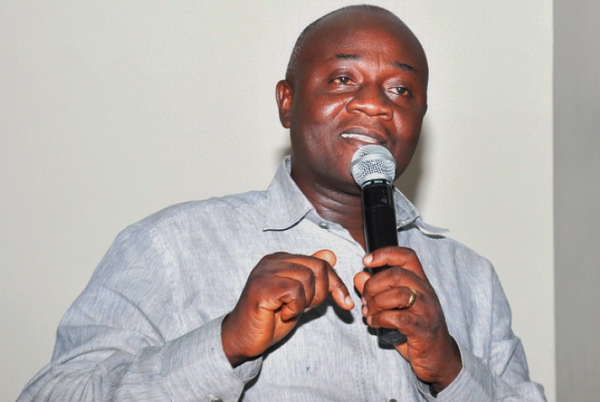Moves by the New Patriotic Party (NPP) administration to honour its campaign promise to create six new regions to bring the total of regions in Ghana to 16 at a go may be politically “historic” but of little value and effect in terms of contribution to Ghana’s transformational development agenda, if any.
Commissions of enquiry
Last Tuesday, the nine-member Commission of Enquiry set up by President Nana Addo Dankwa Akufo-Addo to investigate the need for the creation of new regions recommended the creation of six regions. The regions are Oti (Volta Region), Ahafo (Brong Ahafo), Bono East (Brong Ahafo), Western North (Western Region), North East (Northern Region) and Savanna (Northern Region).
Presenting their report to the President, the Chairman of the Commission, retired Supreme Court judge Justice S. A. Brobbey, said implementing the report would lead to the achievement of the objectives set out in their terms of reference. The
To the extent that there has not been any breach of the law and constitution, for that matter, in the process up to this point, we must wait to see the outcome of the referendum to proceed or to hold. While we are at it, however, the question of how the creation of new regions would bring development to the beneficiary areas keeps ringing in my mind.
Development
Certainly, at least six regional administration blocks would be built and personnel would be recruited to manage the regional coordinating councils. Branches of the necessary departments and agencies would be brought on board and if for nothing at all the beneficiary areas would have their own regional and deputy ministers; and for political and emotional satisfaction, a place to call regional capital, etc.
We would have at least six more regional ministers of state. Not forgetting that a minister for Regional Re-Integration was appointed to supervise the process. In the course of establishing these structures, the need for other institutions such as District Assemblies would be triggered by operation of provisions of the 1992 constitution. So there would certainly be some basic infrastructure and jobs to go with the creation of the six new regions. But is that what we call development?
No! There are costs involved. The budget for the referendum alone is close to GH¢1 billion. There would be salaries and other allowances for at least six more ministers and Regional Coordinating Council directors and their deputies, to mention just the key and obvious.
Overall, there would be at least 60 per cent more of budgetary allocations to the new regions for political expediency. What are our priorities as a nation?
Units of development
The promoters of creating the regions ought to know that the basic unit of development in Ghana is not the region but the district. Therefore, what we really need to do if the whole idea is really about development is to resource and build the capacities of the district assemblies as the basic units of development to simultaneously develop the areas concerned within existing regions and for the regions to in turn develop into the nation we want.
In January 2010, the late President John Evans Atta Mills set up the Constitution Review Commission (CRC) to:
“(a) ascertain from the people of Ghana their views on the operation of the 1992 Fourth Republican Constitution and, in particular, the strengths and weaknesses of the Constitution
(b) to articulate the concerns of the people of Ghana on amendments that may be required for a comprehensive review of the 1992 Constitution
(c) to make recommendations to the government for consideration and provide a draft bill for possible amendments to the 1992 Constitution.”
Clearly, the objectives of the CRC were to find out how existing institutions could be strengthened to serve the people better for development to take place. Many of the recommendations were geared toward strengthening existing institutions for national development. Following the submission of the CRC report, the Constitution Review Implementation Committee (CRIC) was also set up to pilot implementation of the recommendations.
Unfortunately, the CRIC has not lived up to expectation. Given the awful lot of money spent on the CRC and CRIC, only to be abandoned in the middle of the way, I am wondering why the current administration did not continue with the
Strong institutions
The election of metropolitan, municipal and district chief executives (MMDCEs) is one of the key recommendations of the CRC report. It is believed to be a game changer that would strengthen our local government system and lead to rapid development of all the districts simultaneously, as leadership at the local government level would be compelled to be more open and accountable to the people there.
With the benefit of the CRC report, any administration willing to facilitate rapid national development would want to implement it as quickly as possible.
Why the process of creation of new regions, which is of lower value, in terms of development has been placed over and above election of MMDCEs which is of higher value in development terms beats me.
So far, no law has been breached in the creation of new regions, but if it is all about development as we are made to believe, then the referendum for the election of MMDCEs must supersede the creation of six regions. Are we a failing state?
• The writer is the Vice Chairman of the Progressive People’s Party (PPP)

